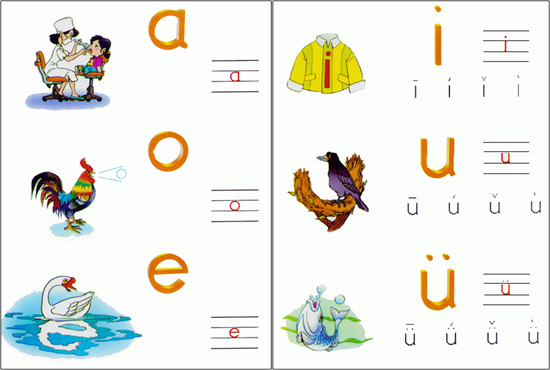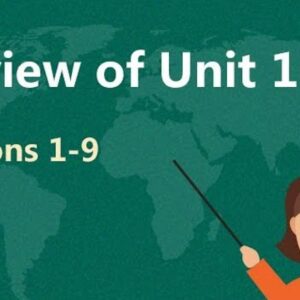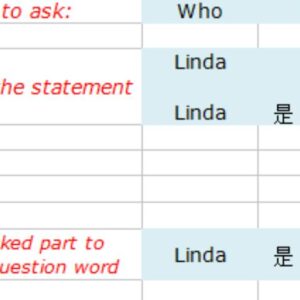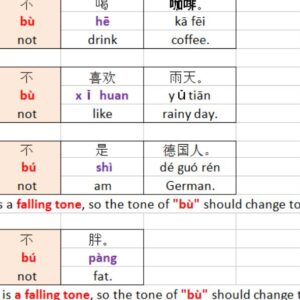Faye
Teacher of Pinyin Lessons
Six Mandarin Chinese Vowels in Pinyin: a, o, e, i, u, ü
| The six simple finals: a, o, e, i, u, ü are the most fundamental elements of Chinese vowels in Hanyu Pinyin from the single-vowel category . For each Pinyin learner, these six of them are probably the first thing you will learn. Because they’re the easiest to learn, most Chinese native speakers learn these Pinyin vowels first from primary school. Let’s learn Chinese Pinyin in the native way! |
 |
Single Vowels(Finals) Pronunciation Guide
Notes: The following guide is given in terms of English pronunciation. They are approximate, as there are some sounds of Pinyin do not correspond directly to sounds in English. Please listen to the audio first, and then repeat with the mouth shape.
 |
 |
|
| a: Pronounced like the /a/ in English word /father/The mouth is wide open, the tongue is at its lowest, and the lips are unrounded. | ||
 |
 |
|
| o: Pronounced like the /o/ in English word /fox/The opening of the mouth is medium, the tongue position is mid-high and slightly to the back, and the lips are rounded. | ||
 |
 |
|
| e: Pronounced like the /er/ in English word /serve/ in British accentTo produce this vowel, first pronounce o, and then change the shape of the mouth from rounded to unrounded; At the same time spread the lips apart, as if you were smiling. | ||
 |
 |
|
| i: Pronounced like the /ee/ in English word /bee/The opening of the mouth is narrow, the lips are spread, and the tongue position is high and slightly to the front. (except after the initials: z c s, zh ch sh r, details later) | ||
 |
 |
|
| u: Pronounced like the /woo/ in English word /wood/The opening of the mouth is narrow, the lips are fully rounded, and the tongue position is high and slightly to the back. | ||
 |
 |
|
| ü: Pronounced like the ü in German or FrenchTo produce this vowel, first pronounce i, and then change the shape of the mouth from unrounded to rounded. | ||
Examples of Chinese Characters Using Single Finals: a, o, e, i, u, ü
In this part, we will learn some Pinyin of Chinese characters that use these single finals. Please listen to the audio first, then repeat and try to figure out the correspondence between these sounds and the spelling patterns (graphemes) that represent them.
| Single Vowels | Used in Pinyin | Characters | Meanings | As in English Words |
| a | 爸爸 | n. Papa, father | like a in Mama, Papa | |
| o | 我 | I/me | like o in Fox | |
| e | 饿了 | be hungry | like er in Serve in British accent | |
| i | 一 | (number) one | like ee in Bee; English letter E | |
| u | 五 | (number) Five | like the /woo/ in English word wood | |
| ü | 鱼 | n. fish | The “ü” vowel is a totally different sound, and it does not exist in English but in French or German.yu is just the pure “ü” sound by itself, and the two dots are not written for yu. |
Tone Drills of Single Finals: a, o, e, i, u, ü
Listen to the audio first, and then repeat tone drills of a, o, e, i, u, ü.
| Single Vowels with four tones | |||
« Chinese Pinyin Lesson 1: Introduction to Pinyin
Chinese Pinyin Lesson 3 | Chinese Tones of Pinyin: 4 Tones & the Neutral Tone >> »




